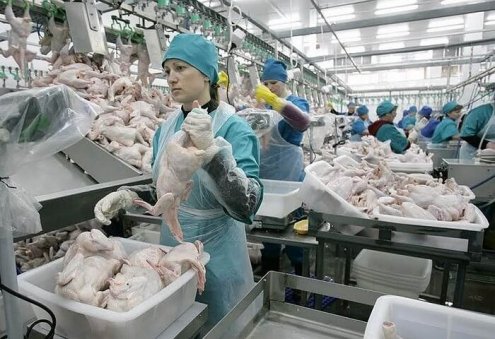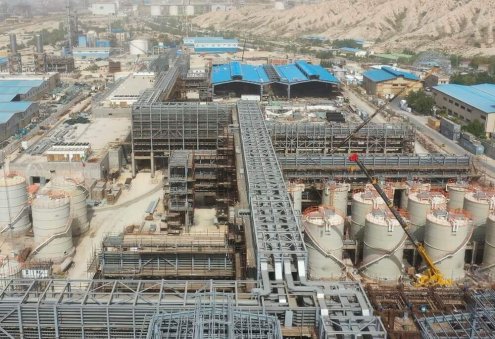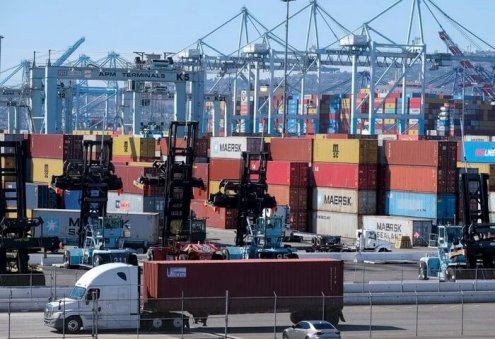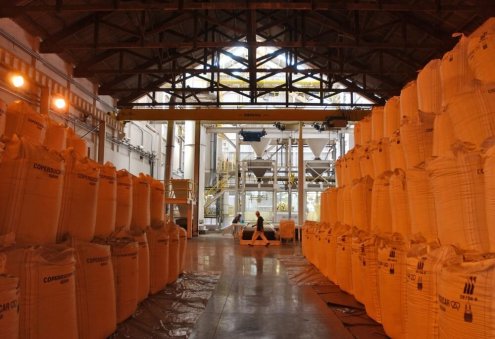The price of aluminum surged to its highest level in 13 years on Wednesday, with concerns about the political turmoil in Guinea – a major producer of raw material bauxite, and restrictions imposed by China to curb carbon dioxide emissions, the Moscow-based Interfax news agency reports with reference to the Dow Jones financial information agency.
Aluminum futures price with delivery in three months on the London Metal Exchange (LME) on Wednesday rose 0.4%, to $2,780 per ton, the highest since 2008.
Since the beginning of this year, aluminum prices has surged by almost 40% on the LME due to high global demand while its production in China has been reduced due to restrictions related to the policy of reducing carbon dioxide emissions.
The unstable political situation in Guinea has also increased the risks for the market, as the country is one of the world's largest suppliers of bauxite, the main raw material for aluminum production.
The aluminum industry is a branch of non-ferrous metallurgy that unites enterprises for the production of metallic aluminum. In terms of the scale of production and consumption, aluminum ranks first among the sub-sectors of non-ferrous metallurgy, is second only to steel production in terms of volume among the sectors of metallurgy.

18255-700x5002.jpg)
















